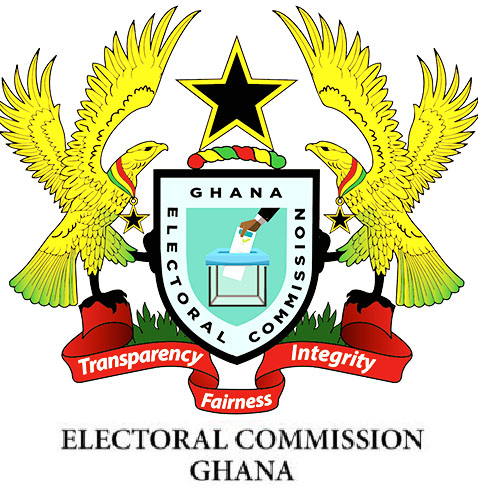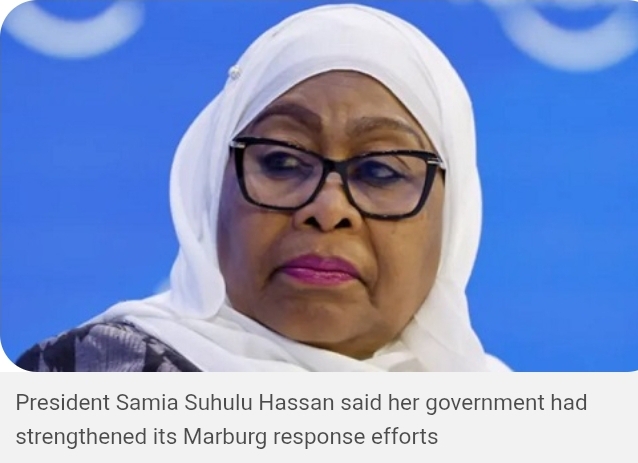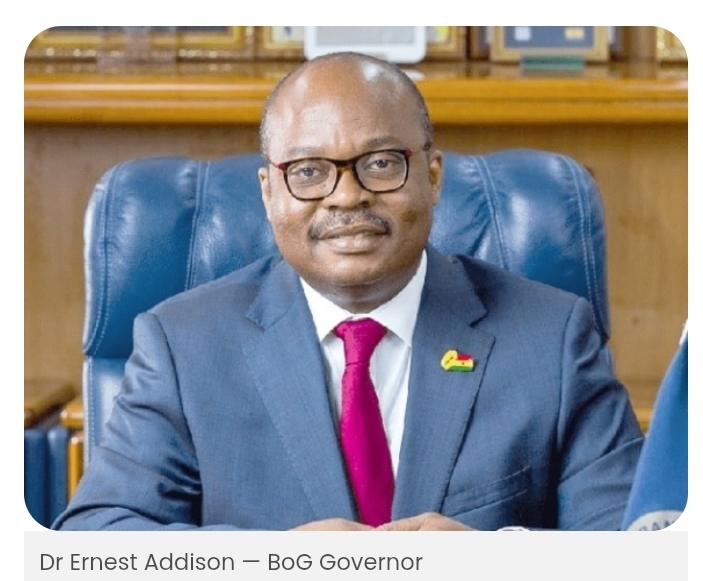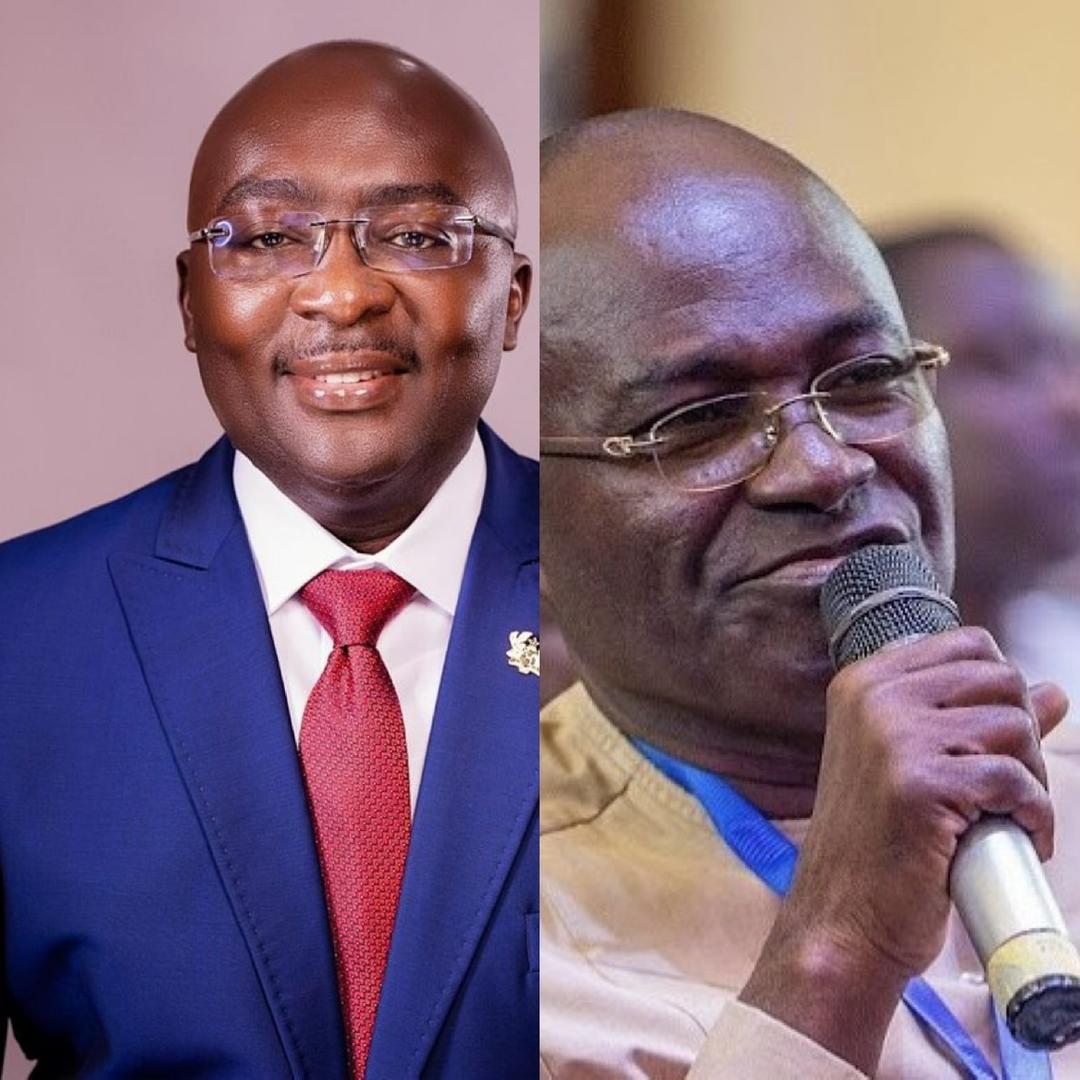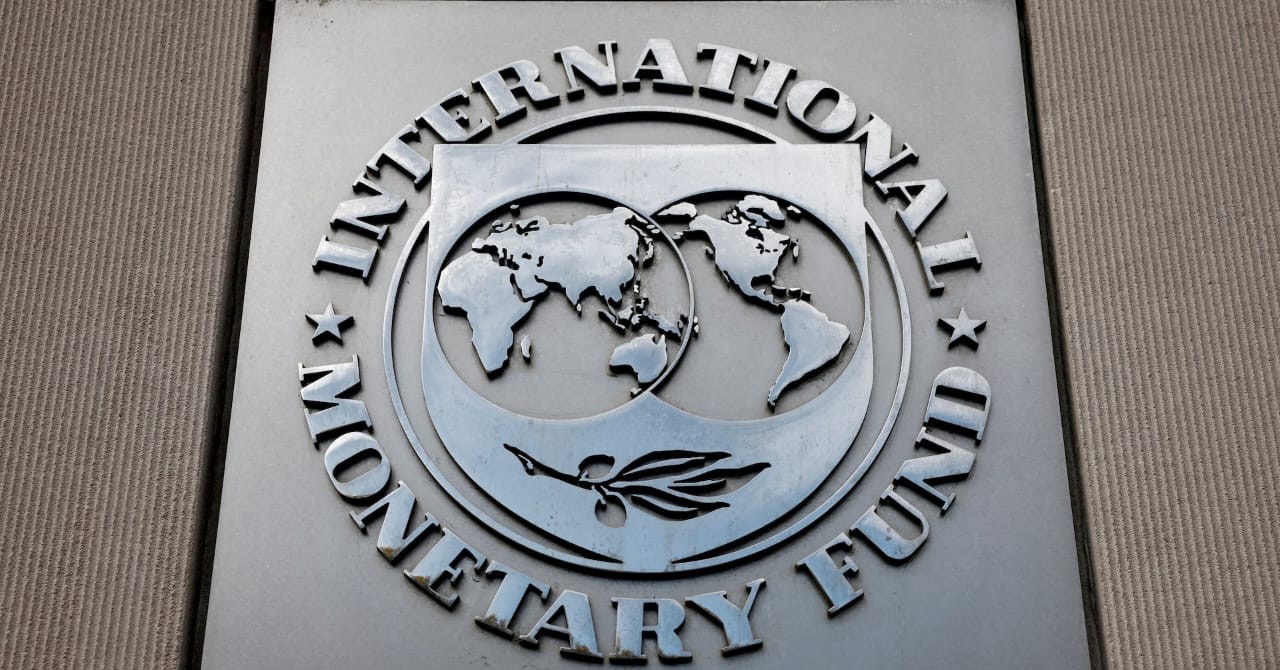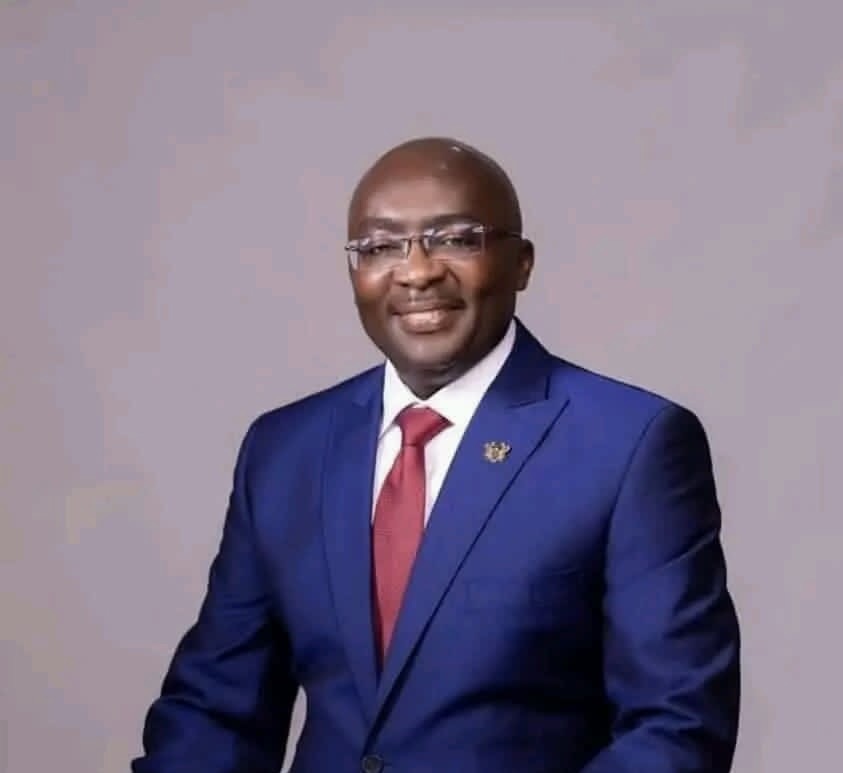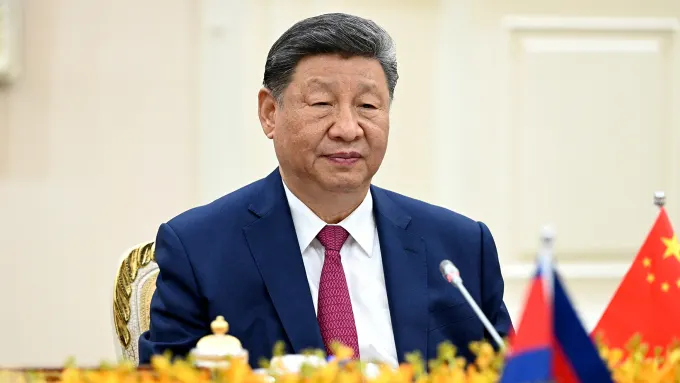
As Russian President Vladimir Putin gears up for the highly orchestrated Victory Day military parade on May 9, he has made it clear that Xi Jinping is his guest of honor. The Chinese leader is scheduled to arrive in Moscow on Wednesday for a four-day state visit aimed at strengthening “mutual trust” between the two nations, coinciding with the commemoration of the 80th anniversary of the Allied victory in World War II over Nazi Germany.
Xi’s participation underscores a significant display of solidarity between the two leaders amid shifting global alliances, particularly in the wake of U.S. President Donald Trump’s “America First” policy. Putin has previously referred to Xi as his “main guest,” highlighting the importance of this visit.
In an article published in Russian state media prior to his trip, Xi emphasized the necessity for both countries to “resolutely oppose all forms of hegemonism and power politics” and to resist any attempts to undermine their friendship. “The strong camaraderie between our two nations, forged in blood and sacrifice, surges onward unceasingly… It is an eternal wellspring nourishing our everlasting friendship,” the article stated, as cited by China’s Foreign Ministry, referencing their historical alliance during World War II.
Among the other world leaders expected to attend the celebrations are Brazil’s President Luiz Inacio Lula da Silva, Vietnam’s President To Lam, and Belarusian leader Aleksandr Lukashenko. Additionally, contingents from the Chinese People’s Liberation Army honor guard will participate in the parade, which takes place against the backdrop of Putin’s ongoing military actions in Ukraine.
To mark the occasion, Putin has proposed a three-day ceasefire with Kyiv, a move some analysts believe is intended to showcase Russia’s military strength without interruptions in front of visiting dignitaries. Ukrainian President Volodymyr Zelensky dismissed the proposal as a “theatrical performance” and reiterated his support for an earlier U.S. suggestion of a 30-day ceasefire.
Earlier this month, Zelensky cautioned attendees traveling to the event that Kyiv “cannot be responsible for what happens on the territory of the Russian Federation,” a statement the Kremlin later interpreted as a threat. Throughout the conflict, Ukraine has conducted multiple drone strikes on Moscow, including recent attacks that temporarily closed airports in the capital. Ukraine asserts that these strikes target infrastructure critical to Russia’s war efforts in retaliation for ongoing assaults on Ukrainian territory.
Victory Day, celebrated on May 9, commemorates the Soviet Union’s victory over Nazi Germany in 1945 and has grown increasingly significant under Putin, who has falsely framed his war in Ukraine as a “denazification” effort. In previous years, military hardware has been in short supply as Russian tanks have been deployed to the front lines of the ongoing conflict.
“There are more incentives for China and Russia to present a united front,” noted Yun Sun, director of the China program at the Washington-based Stimson Center think tank.
Changing Dynamics
This visit marks Xi’s third trip to Russia since Putin initiated his war over three years ago, but the geopolitical landscape has shifted dramatically since his last visit just six months ago. China and the U.S. are now engaged in an intensified trade war that threatens both economies, prompting Beijing to seek stronger ties with other nations, including Russia. High-level officials from the U.S. and China are set to meet in Switzerland later this week, potentially initiating a lengthy dialogue to address trade tensions.
Meanwhile, Moscow has observed a more sympathetic U.S. stance under Trump compared to his predecessor, but is now cautiously monitoring the warming ties between Washington and Kyiv as the U.S. president appears to grow impatient with Putin’s actions.
“Given the turbulence created by Washington’s policies, China and Russia will signal that stability and credibility still exist in international affairs, and that a shift away from American dominance is underway,” Sun added. “They will rally support against U.S. unilateralism and hegemonism, both publicly and openly.”
For Moscow and Beijing, the Victory Day celebrations provide an ideal platform to amplify such sentiments at a time when the U.S. has distanced itself from several UN bodies and disrupted long-standing alliances in Europe. A recent article from China’s state news agency Xinhua stated that Xi and Putin would “lead the correct direction of global governance, clearly oppose unilateralism and bullying, and work together to promote an equitable and orderly world characterized by multipolarity and inclusive economic globalization.”
During their meeting on Thursday, the two leaders are expected to discuss a range of topics, including the situation in Ukraine, U.S. relations, and the proposed Power of Siberia-2 gas pipeline—a long-anticipated natural gas route from western Russia to northern China, which Moscow is eager to advance, according to Kremlin aide Yury Ushakov.
Xi and Putin, known for their public displays of camaraderie, have significantly enhanced economic and security ties between their nations in recent years. They have also sought to position themselves as responsible alternatives to U.S. leadership, even as Russia continues its military campaign in Ukraine and China increases its assertiveness in the South China Sea and toward Taiwan.
The war in Ukraine has further solidified the partnership, with China emerging as a crucial support system for Russia, despite its claims of neutrality in the conflict. Last year, bilateral trade between the two countries reached record highs as sanctions-laden Moscow increasingly relied on China for exports and goods. Western nations have expressed concerns that dual-use products from China, such as microchips and machinery, are bolstering Russia’s defense capabilities, potentially harming Beijing’s reputation in Europe.
Joint Stance
During this visit, analysts suggest Xi will aim to secure continued access to Russia’s natural resources and markets, especially as China faces high tariffs on most exports to the United States and has imposed retaliatory tariffs in the ongoing trade war.
“Given the current U.S. administration’s policies toward China, Beijing really needs Russia for various reasons—trade and energy resources being paramount,” remarked Tamás Matura, a senior fellow at the Center for European Policy Analysis.
However, these same trade tensions and Trump’s questioning of U.S. economic and strategic ties with Europe may also present an opportunity for China to mend relations with European nations, something Xi is likely to consider in his diplomatic efforts moving forward.
“A lot of European observers will be watching and listening to Xi Jinping’s speech in Moscow—will he address peace in Ukraine in a meaningful way? Will China adjust its fundamental approach to supporting Russia’s war efforts, which could improve its relationship with Europe?” Matura questioned.
Similar inquiries have arisen in recent months regarding whether a changing U.S. stance could bring Moscow closer to Washington, potentially at Beijing’s expense. Trump has recently altered traditional U.S. policies toward Russia, echoing Kremlin narratives about the Ukraine war and appearing open to concessions that favor Moscow in the pursuit of peace.
Yet, there are signs of growing impatience within the Trump administration regarding Putin’s ongoing military campaign in Ukraine, despite the proposed 30-day ceasefire. Additionally, the recent agreement between Washington and Kyiv concerning natural resources is perceived as strengthening Ukraine’s position in its dealings with the U.S.
Regardless, keen observers of both Xi and Putin’s administrations believe there is little incentive for either leader to jeopardize their carefully cultivated relationship, which offers significant ideological and economic advantages.
“Russia stands jointly with China in supporting the international order,” stated Wang Yiwei, director of the Institute of International Affairs at Renmin University in Beijing. “Russia distrusts the U.S., and the fundamental hostility towards Russia from the U.S. and the West cannot be altered by Trump.”
As such, analysts anticipate that the upcoming meetings between Xi and Putin will convey a clear message: China and Russia remain steadfastly aligned.


